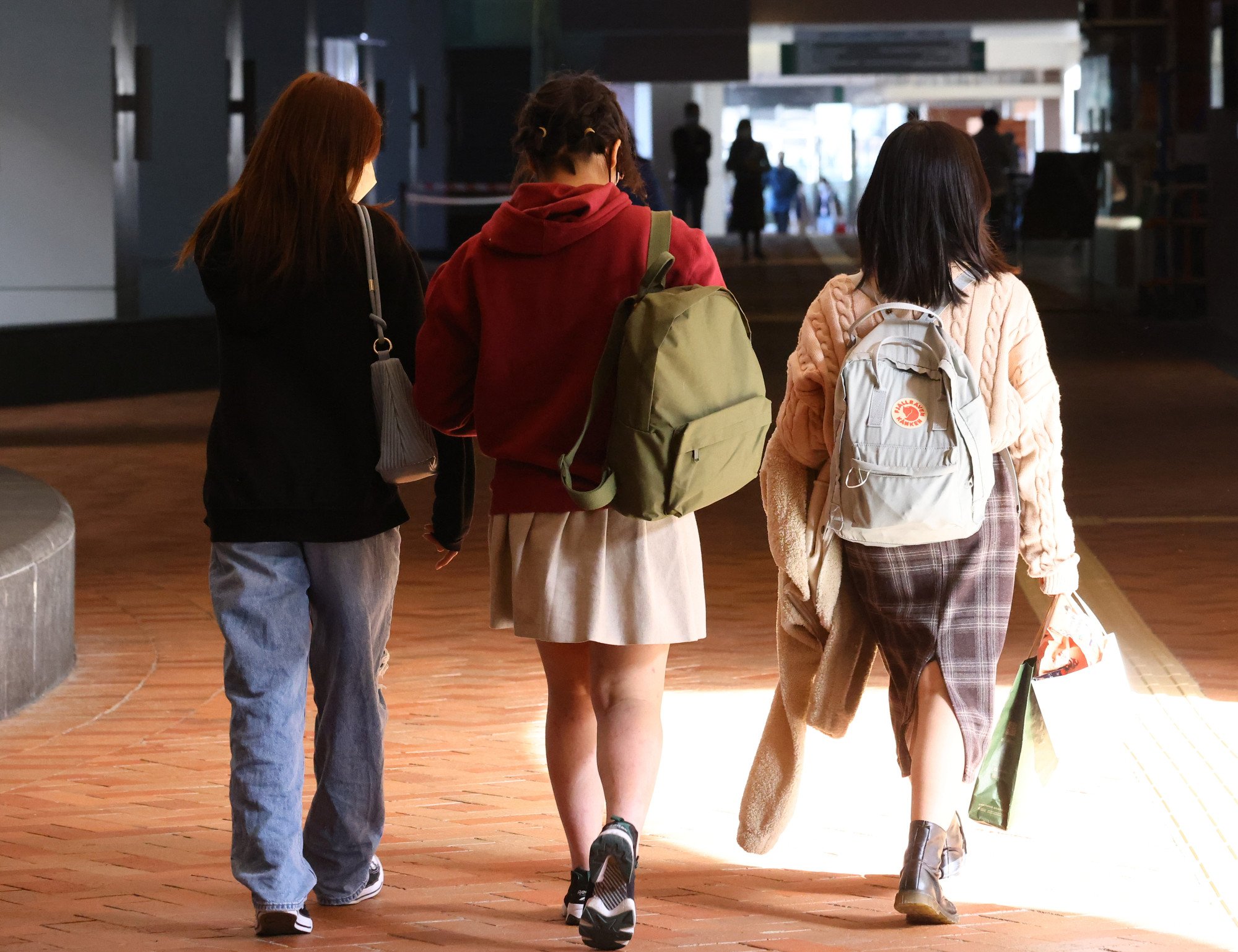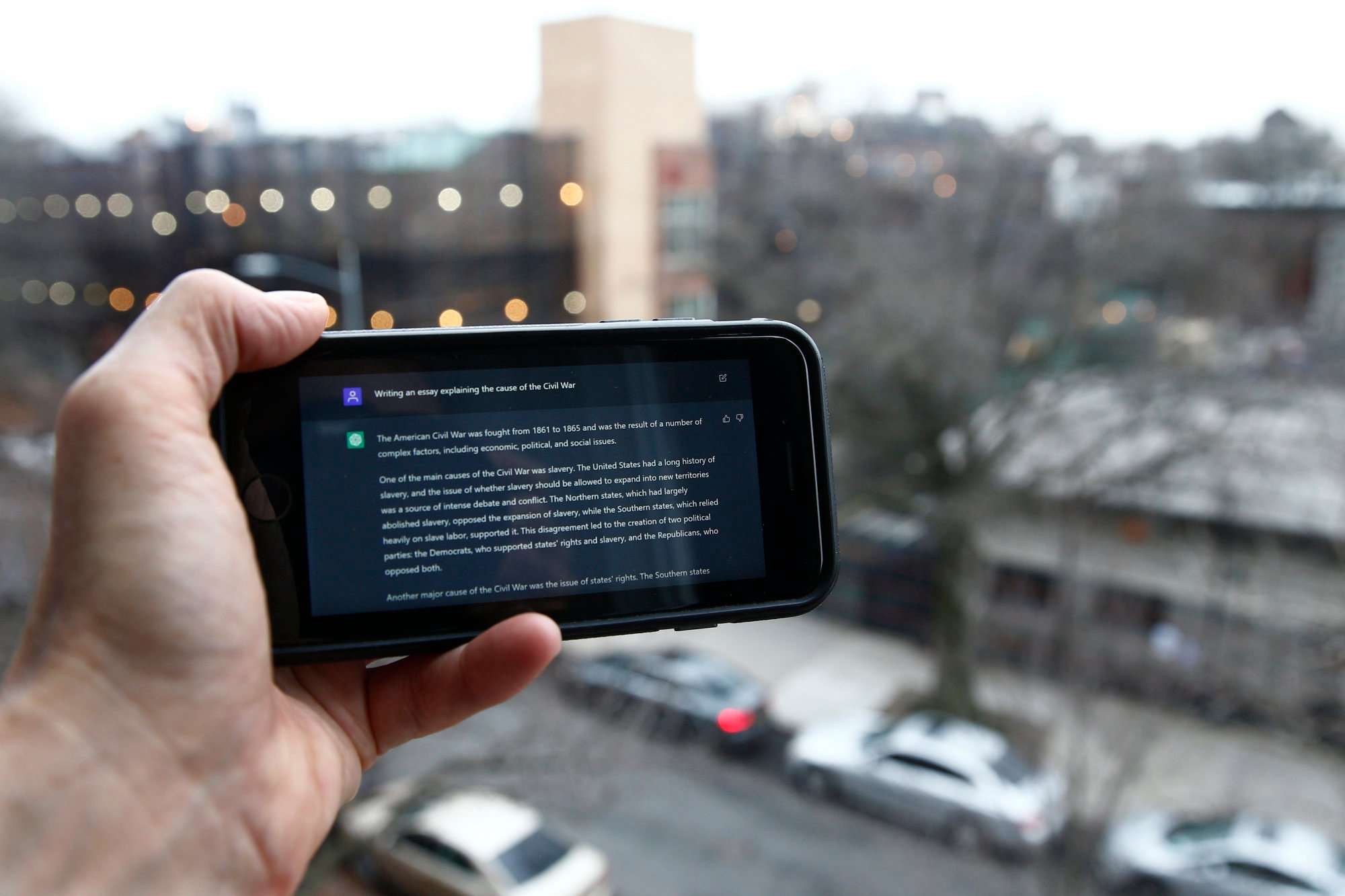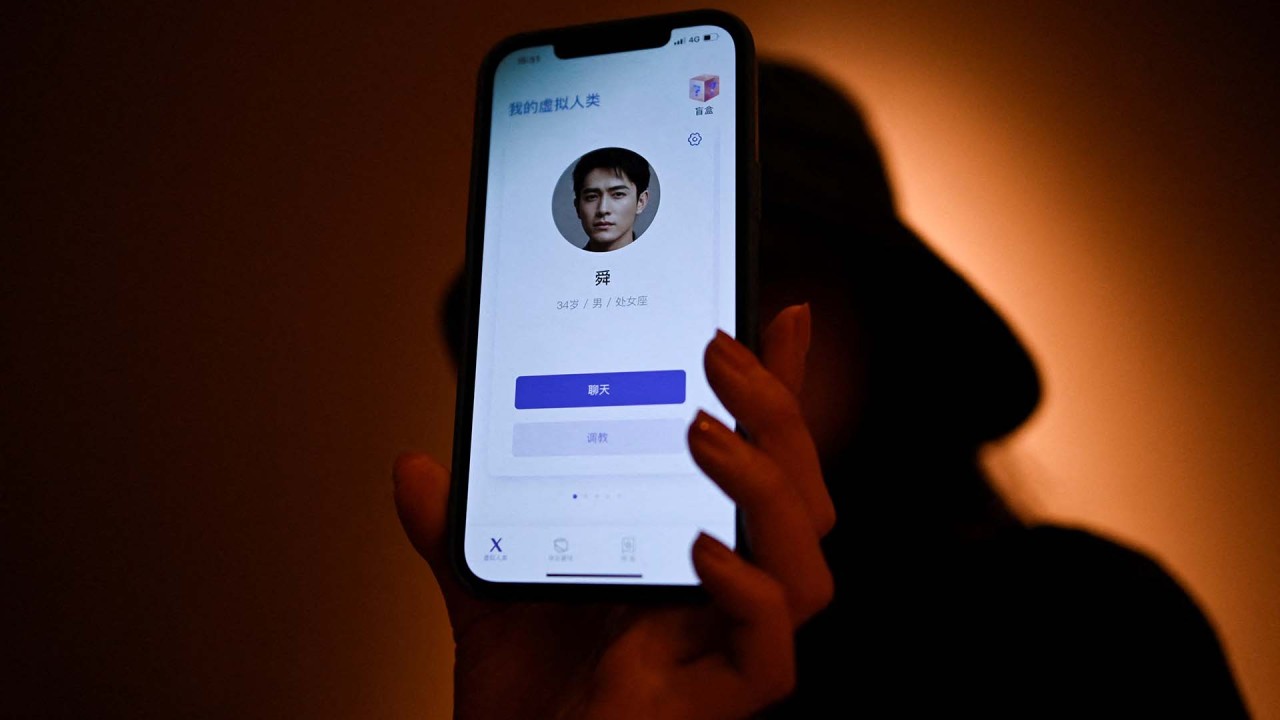
ChatGPT killed the classroom star: AI’s rise means it’s time to rethink teaching and testing
- Considering the implications of AI that can write at near-human levels, the role of teachers and assessments in schools needs to shift
- Teachers should see themselves as facilitators who guide and support students through the learning process, rather than a single source of knowledge
All of this has people worried. Numerous arguments are emerging for banning the technology in schools or returning to face-to-face, proctored exams. For example, the New York City Department of Education banned access to ChatGPT over the possibility students will use it to cheat. Australian universities have decided to return to pen-and-paper exams because of it.
ChatGPT is not accessible in Hong Kong without a virtual private network (VPN), but its impact is already felt. It would be naive to think Hong Kong students have not heard of the tool and used it to “assist” with their homework.
John Naughton writes in The Guardian: “If we know anything from history, it is that we generally overestimate the short-term impact of new communication technologies while grossly underestimating their long-term implications.” Reducing ChatGPT to a cheating tool overestimates its short-term impact and ignores beneficial use cases and other possibilities in the long run.

Like others, I asked ChatGPT to write an essay for a university English course. While not perfect, the composed essay was well written. It would be difficult to determine who or what wrote it. I then asked the AI to grade the paper using an analytic rubric. The paper unsurprisingly received a passing score.
Next, I revised the paper by including grammatical errors commonly made by non-native English speakers. I asked ChatGPT to regrade it, provide feedback, give examples for improvement, suggest online resources to guide me and rewrite it so it would score well. It did all of this.
The results made me eager to explore the breadth and boundaries of its skill set. I asked my new AI assistant to draft intended learning outcomes (ILOs) for an English course, using a taxonomy that defines and distinguishes different levels of human cognition, such as recalling, analysing and synthesising.
I didn’t stop there. I asked it to draft assessments, rubrics and lesson plans based on the ILOs it created. Within minutes, I had the makings of a new course – or the concept of one, anyway. Results were only as good as the prompts I gave, and I still needed to rely on my knowledge of instructional design to evaluate the content within a Hong Kong university context.

There are other limitations to consider. AI might not be able to fully replicate the nuances of human interaction or be able to adapt to unexpected situations that often occur when things don’t go as planned. While AI can be a powerful tool for learning and problem-solving, it is limited in its ability to engage in creative thinking and solve unique problems in context-specific situations.
Considering these new implications, the role of teachers and assessments in schools will need to shift. What role does a teacher play in a world where AI can easily call up on a whim – or a good prompt – almost any information and design a course?
To ensure we are prepared for this new brave world, Hong Kong education professionals and policymakers should begin drafting guidelines to help schools responsibly respond to the rapid advancement of AI tools. This includes how to manage academic integrity, rethink learning design and outcomes and re-evaluate why we assess students. Thankfully, some academics are starting to provide thoughtful guidelines, such as Nancy Gleason’s Times Higher Education article.
Rise of AI, ChatGPT herald brave new world for replaceable humans
The teacher is not dead – at least not really. In the same way Roland Barthes’ essay “The Death of the Author” disrupted how we think of authors and the role of the creator in the meaning of a text, ChatGPT disrupts how we think of teachers and the role of the educator in the learning process. Instead of being the sole source of knowledge, teachers should be facilitators who guide and support students through their learning.
Dr Sean McMinn is the director of the Centre for Education Innovation at the Hong Kong University of Science and Technology, overseeing strategic planning for technology-enhanced teaching and learning


